Waxwing - A Bowl of Sixty Taxidermists (2015)

Artist: Waxwing
Title: A Bowl of Sixty Taxidermists
Year Of Release: 2015
Label: Songlines
Genre: Jazz
Quality: 320 / FLAC
Total Time: 55:41
Total Size: 127 / 265 MB
WebSite: Album Preview
Tracklist:Title: A Bowl of Sixty Taxidermists
Year Of Release: 2015
Label: Songlines
Genre: Jazz
Quality: 320 / FLAC
Total Time: 55:41
Total Size: 127 / 265 MB
WebSite: Album Preview
01 - A Bowl Of Sixty Taxidermists
02 - For Ross
03 - Ponderosa
04 - For Claude
05 - Snow Blind
06 - Interlude #1
07 - Dune
08 - Reigning Cats And Dogs
09 - Clementine
10 - Thicket
11 - A Line Through
12 - Cinder
13 - The Owl Of Crowston
14 - Gone
Personnel:
Tony Wilson, electric guitar
Peggy Lee, cello
Jon Bentley, tenor, soprano & c-melody saxophones
“The music is dreamlike, with the often effects-laden guitar playing a key role in the direction of the ensemble. Lee’s distinguished creative voice provides strength and flexibility, with a sound that is firm in the most delicate of textures and driving in the most rambunctious moments.”
– Wilbur MacKenzie, AllAboutJazz (Reviewing Escondido Dreams)
Waxwing (formerly Wilson/Lee/Bentley) unites three of Vancouver’s premier jazz musicians in a program of original compositions and improvisations that combine delicacy and strength, melodic beauty and textural sophistication. Their first CD, Escondido Dreams (Drip Audio, 2007) appeared shortly after the group formed. Peggy Lee, classically trained and one of Canada’s most admired free improvisers (and incidentally a member of Wayne Horvitz’s new septet project, also released on Songlines this month), was the impetus behind the group coming together. Tony Wilson, who has long been recognized for his adventurous and original approach to the guitar (he names Sonny Greenwich, Grant Green and Bill Frisell as major influences, plus Ayler and 60s free jazz, Bartok, Britten, Messiaen), was part of the Peggy Lee Band when it was formed in 1998 and for several years after. But, as Peggy explains, “I hadn’t played with Tony in quite a while and was missing that a lot. I was also interested in collaborating with Jon as he had been very supportive of some of the projects that I was involved in and I had a good feeling about what we could do as a trio. The small group thing was intentional as both Tony and I were leading larger groups and I felt that it would be a good challenge in terms of the writing and the playing, to pare things down. From the start it was meant to be fully collaborative, no leader.” (Wilson and Bentley are both members of the current Peggy Lee Band.)
The trio’s new record, as well as their new name (which refers to a strikingly patterned local bird, the cedar waxwing), was spearheaded by Bentley, and most of the compositions are his. It’s dedicated to one of his mentors, tenor saxophonist/pianist Ross Taggart, a much loved figure on the Vancouver jazz scene who died of cancer in 2013 at the age of 45 – perhaps that accounts at least in part for the overall reflective mood. Jon played saxophone for a while in Ross’s quartet (Ross played piano) and they also played together in Ugetsu, a sextet that Jon co-led. Ross left Jon his soprano sax, which is heard on this record. Jon also produced the record and mixed and mastered it together with his partner Miranda Clingwall.
Most of the pieces here are quite concise, some almost miniatures, others using overdubbing to create a denser, more “orchestral” sound. The music moves between highly structured and freer playing but is always strong on form and direct emotional appeal, whether driving or more contemplative. And the musicians often swap roles within pieces, exploiting the full range of expression for this unusual combination of instruments. When asked to characterize their music, which seems to touch on many traditions and genres, from modern jazz to the new thing and free improv, classical chamber music, even singer/songwriter and pop music, Lee demurs: “I’m not super interested in placing this group in relation to particular movements in music. I feel that we all have many influences but what happens through the writing and the working together feels very organic and honest.”
The title of the record is a Taggart quote. Jon relates: “I would go and visit Ross in the hospital, as did many other people who were wanting to do what they could to help ease him through his final days. One of his friends named Joanne went in to see him one afternoon. When she arrived in his room, Ross had been sleeping and he awoke when she entered. Joanne approached his bed and said “How are you doing Ross, can I get you anything?” Ross paused momentarily and then replied: “Yes actually, I would really like a bowl of sixty taxidermists.” Later that day, Joanne sent out a great email to his friends explaining this story, thoroughly entertained by the creative brilliance of what he had said. Ross was an extremely, imaginatively colourful person and even though he was half asleep at the time, and no doubt influenced by a lot of pain medication, there is something about that quote that is uniquely him.” (There is another dedication on the record: Wilson’s “For Claude” remembers drummer Claude Ranger, who disappeared in 2000.)
– Wilbur MacKenzie, AllAboutJazz (Reviewing Escondido Dreams)
Waxwing (formerly Wilson/Lee/Bentley) unites three of Vancouver’s premier jazz musicians in a program of original compositions and improvisations that combine delicacy and strength, melodic beauty and textural sophistication. Their first CD, Escondido Dreams (Drip Audio, 2007) appeared shortly after the group formed. Peggy Lee, classically trained and one of Canada’s most admired free improvisers (and incidentally a member of Wayne Horvitz’s new septet project, also released on Songlines this month), was the impetus behind the group coming together. Tony Wilson, who has long been recognized for his adventurous and original approach to the guitar (he names Sonny Greenwich, Grant Green and Bill Frisell as major influences, plus Ayler and 60s free jazz, Bartok, Britten, Messiaen), was part of the Peggy Lee Band when it was formed in 1998 and for several years after. But, as Peggy explains, “I hadn’t played with Tony in quite a while and was missing that a lot. I was also interested in collaborating with Jon as he had been very supportive of some of the projects that I was involved in and I had a good feeling about what we could do as a trio. The small group thing was intentional as both Tony and I were leading larger groups and I felt that it would be a good challenge in terms of the writing and the playing, to pare things down. From the start it was meant to be fully collaborative, no leader.” (Wilson and Bentley are both members of the current Peggy Lee Band.)
The trio’s new record, as well as their new name (which refers to a strikingly patterned local bird, the cedar waxwing), was spearheaded by Bentley, and most of the compositions are his. It’s dedicated to one of his mentors, tenor saxophonist/pianist Ross Taggart, a much loved figure on the Vancouver jazz scene who died of cancer in 2013 at the age of 45 – perhaps that accounts at least in part for the overall reflective mood. Jon played saxophone for a while in Ross’s quartet (Ross played piano) and they also played together in Ugetsu, a sextet that Jon co-led. Ross left Jon his soprano sax, which is heard on this record. Jon also produced the record and mixed and mastered it together with his partner Miranda Clingwall.
Most of the pieces here are quite concise, some almost miniatures, others using overdubbing to create a denser, more “orchestral” sound. The music moves between highly structured and freer playing but is always strong on form and direct emotional appeal, whether driving or more contemplative. And the musicians often swap roles within pieces, exploiting the full range of expression for this unusual combination of instruments. When asked to characterize their music, which seems to touch on many traditions and genres, from modern jazz to the new thing and free improv, classical chamber music, even singer/songwriter and pop music, Lee demurs: “I’m not super interested in placing this group in relation to particular movements in music. I feel that we all have many influences but what happens through the writing and the working together feels very organic and honest.”
The title of the record is a Taggart quote. Jon relates: “I would go and visit Ross in the hospital, as did many other people who were wanting to do what they could to help ease him through his final days. One of his friends named Joanne went in to see him one afternoon. When she arrived in his room, Ross had been sleeping and he awoke when she entered. Joanne approached his bed and said “How are you doing Ross, can I get you anything?” Ross paused momentarily and then replied: “Yes actually, I would really like a bowl of sixty taxidermists.” Later that day, Joanne sent out a great email to his friends explaining this story, thoroughly entertained by the creative brilliance of what he had said. Ross was an extremely, imaginatively colourful person and even though he was half asleep at the time, and no doubt influenced by a lot of pain medication, there is something about that quote that is uniquely him.” (There is another dedication on the record: Wilson’s “For Claude” remembers drummer Claude Ranger, who disappeared in 2000.)
or
or
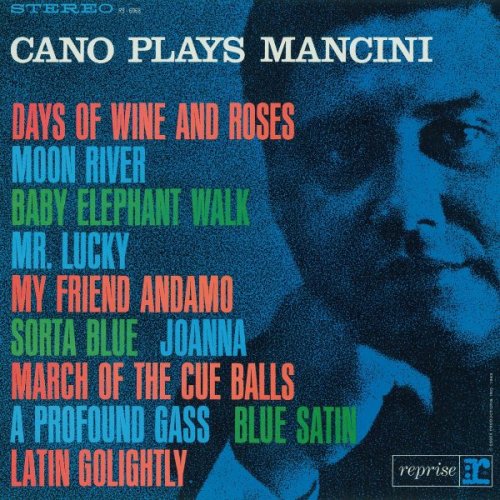
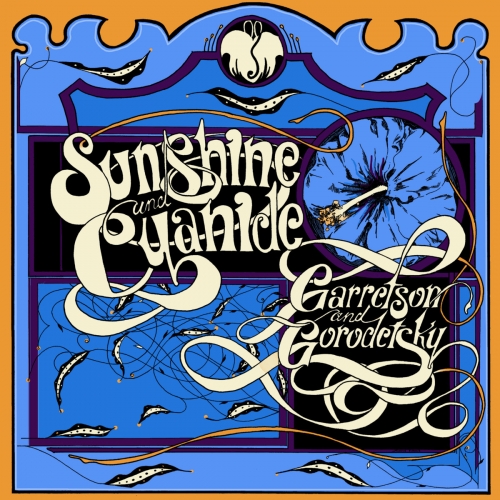
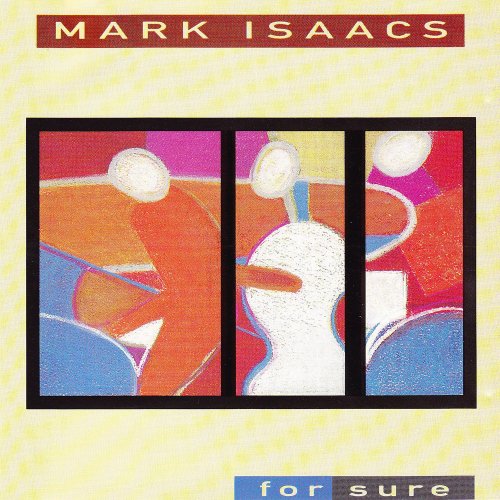
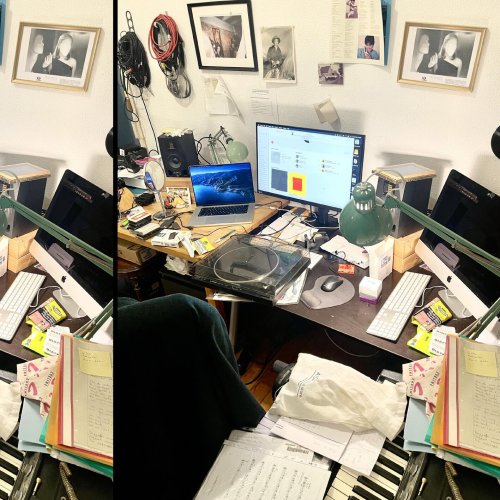

![Æthenor - Hazel (2016) [Hi-Res] Æthenor - Hazel (2016) [Hi-Res]](https://img.israbox.com/img/2026-02/21/u8vm4dsf9wrvmhpl4zso2e791.jpg)
![Larry Coryell - Major Jazz Minor Blues (1998) [CDRip] Larry Coryell - Major Jazz Minor Blues (1998) [CDRip]](https://www.dibpic.com/uploads/posts/2026-02/1771860317_5.jpg)
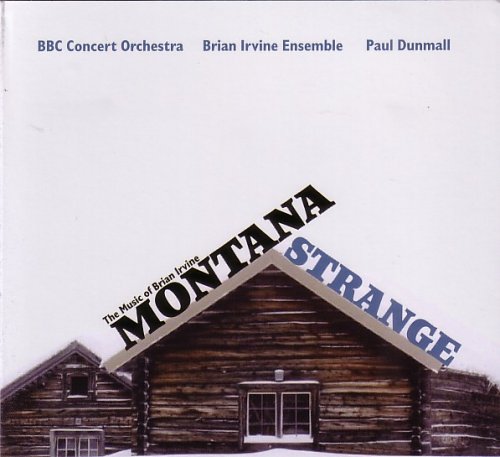
![Ex Novo Ensemble - Claudio Ambrosini: Chamber Music (2020) [Hi-Res] Ex Novo Ensemble - Claudio Ambrosini: Chamber Music (2020) [Hi-Res]](https://img.israbox.com/img/2026-02/22/z541qb9ul4q390uxlw1d9iak3.jpg)